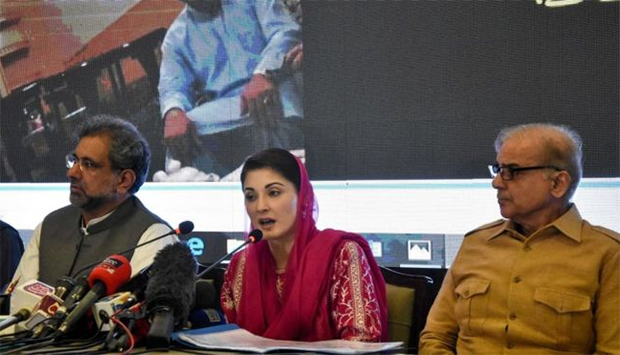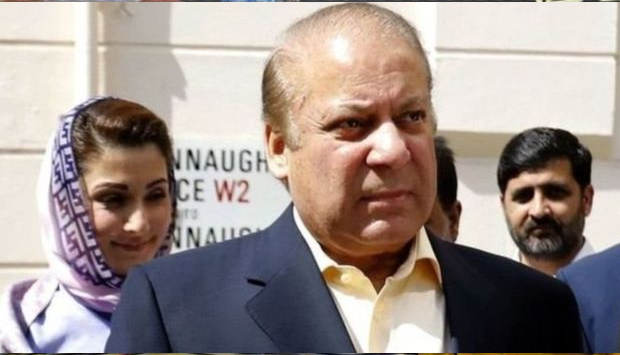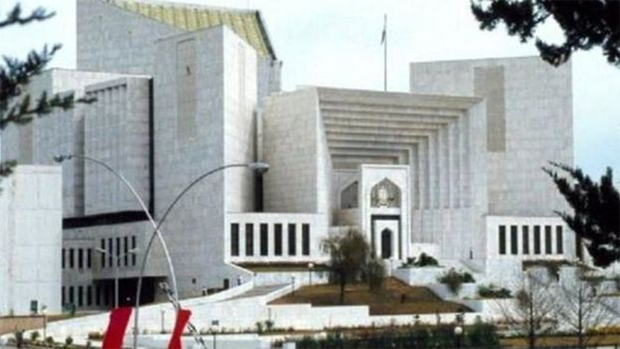Pakistan Muslim League-Nawaz (PML-N) Vice President Maryam Nawaz held a press conference in Lahore on Saturday in which she released a video based on the alleged revelations of Accountability Court Judge Arshad Malik who sentenced Nawaz Sharif to imprisonment. There was a stir on the scene. |
 |
At the press conference, the PML-N released a video of Judge Arshad Malik with Nasir Butt, a PML-N activist, about alleged pressure from some 'unknown persons' to write the verdict. had been. After the video, Maryam Nawaz Sharif even demanded that "after the discovery of irrefutable evidence, the higher judiciary and the authorities take notice and after that there is no justification for Nawaz Sharif to remain in jail." Accountability court judge Arshad Malik has denied the video, calling it "fake". |
 |
The ruling Pakistan Tehreek-e-Insaf (PTI) has reacted to the video, calling it "accusation and slander against the higher judiciary". The legal status of the video has been hotly debated since its release. The BBC has spoken to legal experts about the status of video in law. Legal status of the video Lawyer Saad Rasool said that under the law of evidence, audio or video made with modern equipment which is related to a case and can solve it, then it can be presented in the court as evidence. The Electronic Transactions Ordinance of 2002 also allows it. Former Lahore High Court judge Justice (retd) Nasira Javed while talking to BBC said that such videos can be presented before the court but because Judge Arshad Malik has denied the video through his statement. Proof will be on the accusers. According to him, if the allegation is not proved then the accused can be sued for defamation. Is video or audio credible evidence? According to Saad Rasool, in such cases, the court reaches a conclusion after reviewing the forensic audit, the people in the video and the timeline. Talking about the alleged video about Judge Arshad Malik, he said, “The video mentions fasting, so it is made during Ramadan. No alterations were made. The person who was in possession of the video must be involved in the investigation. |
 |
Senior lawyer and legal expert Salman Akram Raja said that there are some legal requirements for presenting audio or video. Knitting? ' He says that if any of the other people who appear in it can come forward and confirm that the conversation took place, then it is considered as a credible evidence. Supreme Court Advocate Rabia Bajwa also agrees that such video can be submitted to the court as evidence. He said that along with the makers, "those who are affected by it will also be given an opportunity to cross-examine the evidence." "Because the judge has denied the video, the burden of proof is on the video presenters," he said. "This (case) will now go to the trial court where the court will decide whether it is admissible or not," he said. A lawyer appearing before various courts in Imran Khan's cases told the BBC on condition of anonymity that "if the video turns out to be fake, an FIR may be registered against Maryam Nawaz". However, he asserted that his confession had been obtained through torture. According to him, "If the judge was being threatened with dire consequences, then why didn't he tell about it in time and bring the offers like bribe on record." |